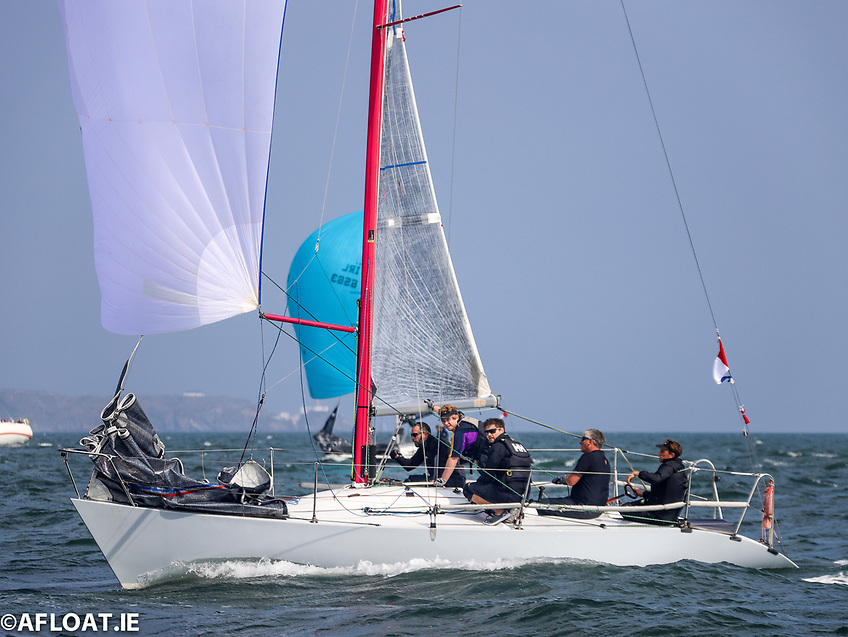Fibreglass from end-of-life vessels has made its way into the food chain, UK scientists warn.
A joint study from the Universities of Brighton and Portsmouth shows that fibreglass, or glass reinforced plastic (GRP), from old abandoned boats is breaking down and contaminating Britain’s coastal waters.
As Marine Industry News reports, the study focused on Chichester Harbour in the south of England where up to 11,220 fibreglass particles were detected per kilogram of oysters and 2,740 particles per kg of mussels.
It’s the first time these tiny particles of fibreglass have been found in the marine food chain, a situation one researcher described as “disturbing”.
“If you’re eating locally caught seafood, you’re also eating the local abandoned boats,” Luke Edney, manager of Gosport-based marine salvage yard Boatbreakers told Marine Industry News.
Edney emphasised the importance of removing wrecks and abandoned boats — while British Marine suggests a national boat register might curb the issue of owners walking away from their old boats without arranging for proper scrappage. Marine Industry News has more on the story HERE.
The logistics of handling of fibreglass hulls from abandoned or derelict vessels poses a significant challenge, as Tom MacSweeney covered in a podcast for Afloat.ie in 2017.






























































